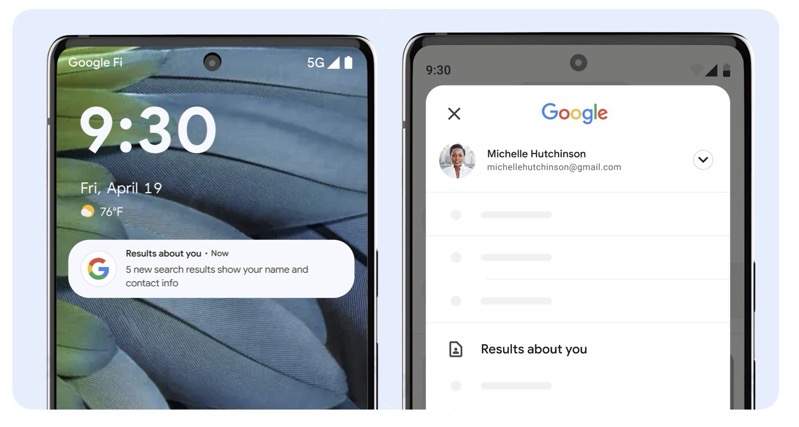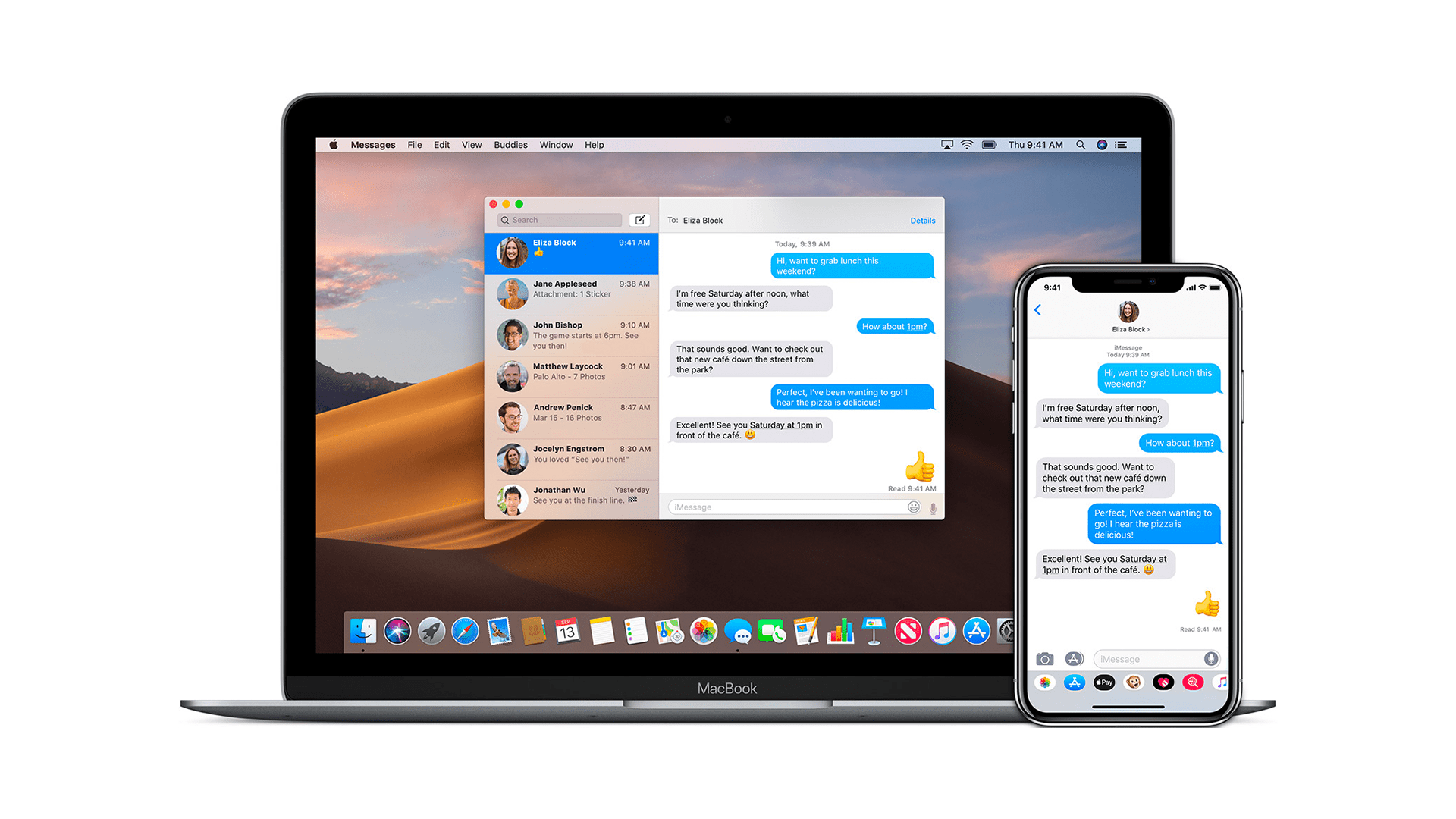
Google, Telcos Urge EU to Break Open Apple’s iMessage
Google, alongside major European telecom operators, has urged the European Commission to mandate Apple’s iMessage to comply with the new Digital Markets Act (DMA), potentially reshaping the messaging app landscape in the European Union.
The Financial Times has obtained a letter addressed to the Commission, where a Google senior vice-president and the CEOs of Vodafone, Deutsche Telekom, Telefónica, and Orange, argue that iMessage should be designated as a “core” service. This designation would require Apple to ensure iMessage is fully interoperable with competing services such as WhatsApp.
The current framework restricts iMessage to Apple users, with its “blue bubble” texts being a notable feature that reinforces customer loyalty, particularly among youth. The letter points out that when Android users participate in an iMessage group, the service reverts to standard SMS, leading to a loss of functionality, including the quality of media files.
The coalition contends that iMessage meets the qualitative thresholds of the DMA and should be included in the rules to “benefit European consumers and businesses.” The DMA’s jurisdiction covers tech companies with annual revenues exceeding €7.5bn and at least 10,000 active monthly business users in the EU. Apple, with an estimated 1 billion global iMessage users and over 10,000 business users, would fall under this regulation.
Apple has responded to the EU probe by stating that iMessage should not be subject to the new rules as it is a free service and not essential for the use of its devices. However, the Commission has released documents suggesting that iMessage significantly contributes to Apple’s revenues, being pre-installed and exclusive to Apple devices, making it a critical part of the company’s ecosystem.
The telecoms companies and Google have highlighted in their letter to EU’s internal market commissioner, Thierry Breton, that iMessage serves as a crucial gateway between businesses and customers, justifying Apple’s designation as a gatekeeper for its messaging service.
They argue that the consumer experience would be enhanced by the regulation, as currently, “enriched messaging” is limited to Apple users, restricting businesses to traditional SMS for reaching non-iOS users.
Apple, while declining to comment on the letter, has previously emphasized iMessage’s popularity, user privacy, and security, stating that consumers have a wide variety of messaging apps to choose from, reflecting the ease of switching between them.
The European Commission has not commented on the specifics of the letter but confirmed that the investigation into iMessage’s status under the DMA is in progress, with a decision expected by February.


